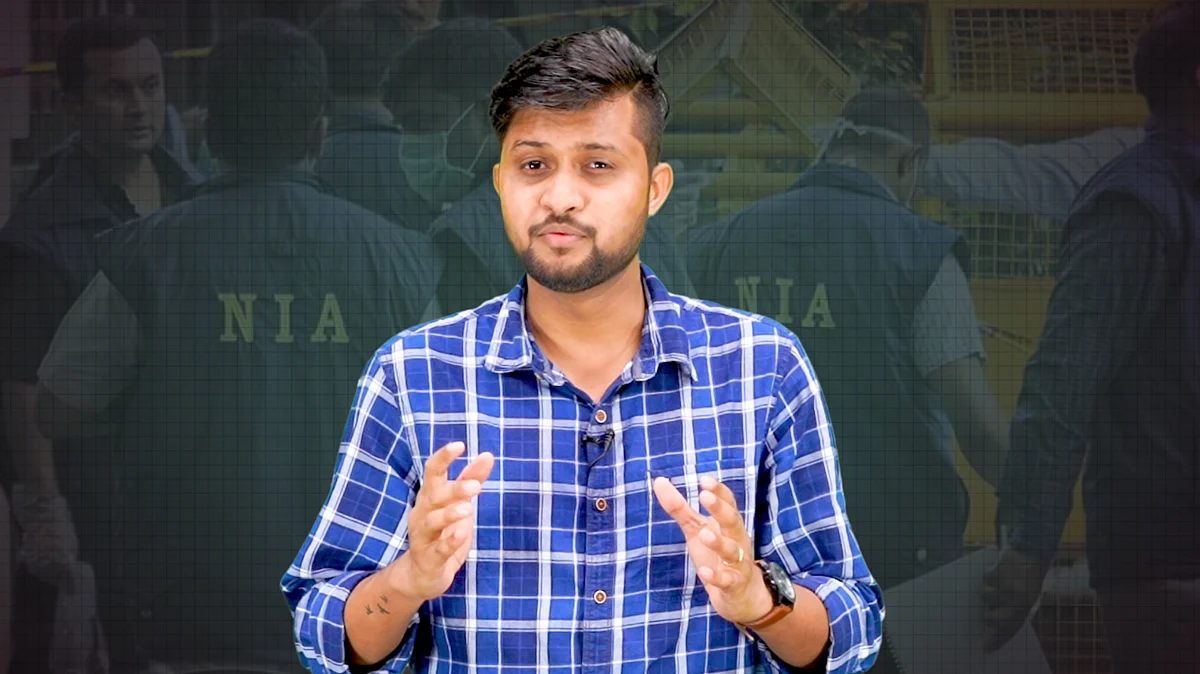New UAPA Bill Passed by RS: Why is Opposition Objecting to it?
With the amendment of the UAPA, not just organisations, but individuals too can be designated as ‘terrorists’.

advertisement
Video editor: Abhishek Sharma
The UAPA (Amendment) Bill for which Trinamool Congress MP Mahua Moitra said “sab tere siva kafir (everyone but you is an infidel)” and Congress leader Digvijay Singh said “designate me as a terrorist too” was passed in the Rajya Sabha on Friday, 2 August. It had already been passed by Lok Sabha. After the President's nod of approval, the Bill will become a law.
But why is the Opposition against the Bill?
With the amendment of the Unlawful Activities (Prevention) Act, 1967, not just organisations, but individuals too can be designated as 'terrorists'.
Right now, only organisations can be deemed as terrorist groups. Individuals who are designated as 'terrorists' under the new Bill, need not be part of a terrorist organisation.
To remove the ‘terrorist’ label, the organisation or individual will have to appeal to a government-appointed review committee instead of a court. However, the individual can challenge the review committee's decision in the court.
Who Can be Designated As a Terrorist?
Any individual who commits, plans, propagates or is associated with an act of terror can be designated as a terrorist.
The Opposition had raised questions about how the government would determine whether an individual is propagating an act of terror.
During the debate on the Bill, Congress leader P Chidambaram said that it gives the government the right to designate any individual as a terrorist.
The Opposition also asked that if an organisation has been designated as a terrorist organisation, why would its members need to be designated as terrorists separately.
In response, Home Minister Amit Shah said that restrictions on individuals are necessary since once their organisation is banned, they usually form another one. He went on to dismiss the allegation that the Bill could be misused.
Other Provisions of the Bill
According to the amendments contained in the Bill, the NIA DG is also empowered to seize the property of an organisation or individual labelled as 'terrorist'. Earlier, only the DGP of the state in which the property was located could authorise the seizure.
Moreover, an officer of NIA with the rank of an inspector will be now authorised to investigate terrorist activity. Until now only DCPs, assistant commissioners or officials senior to them were allowed to open such investigations.
(The story was originally published on Quint Hindi and has been translated by Anubhav Mishra.)